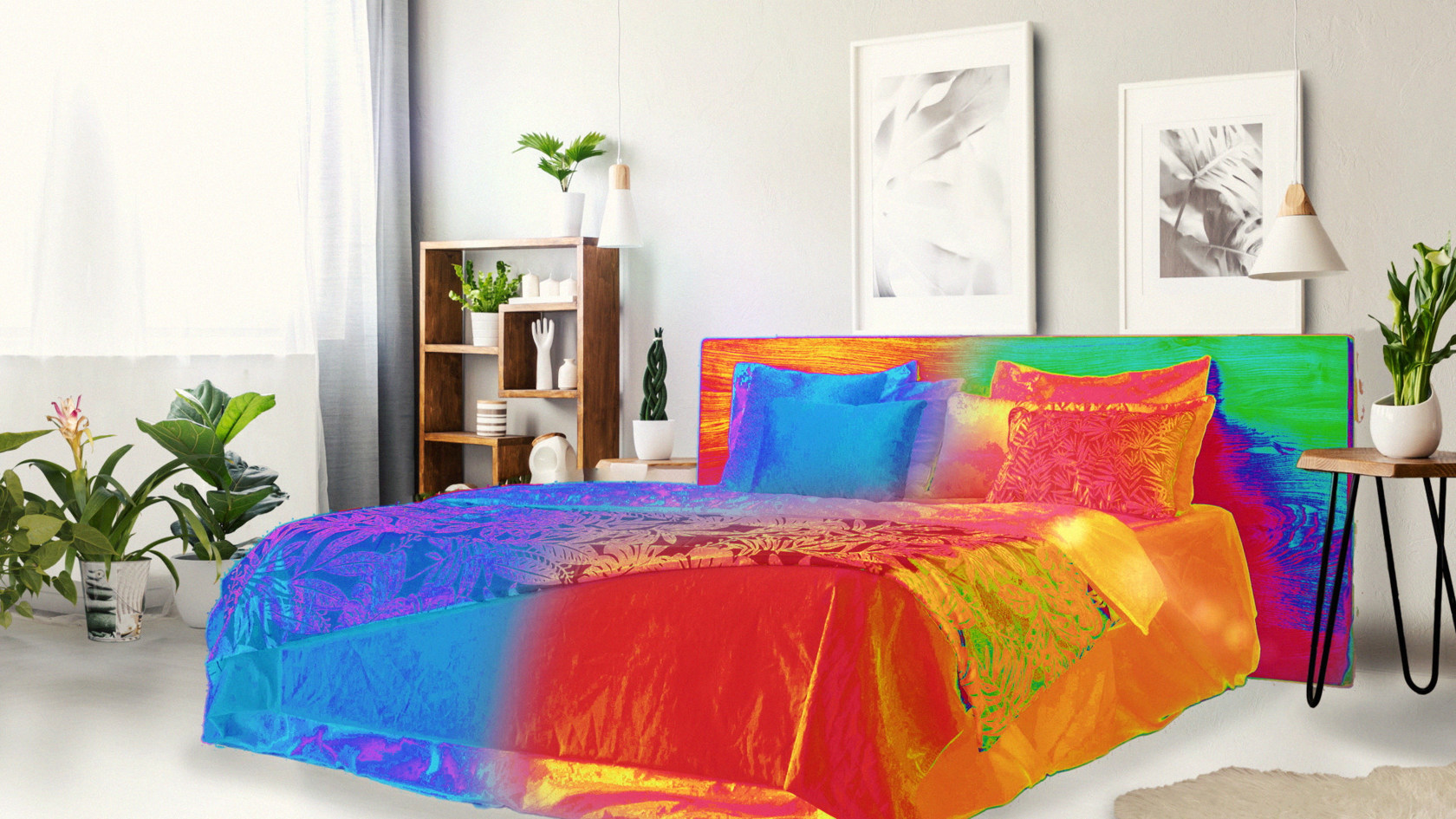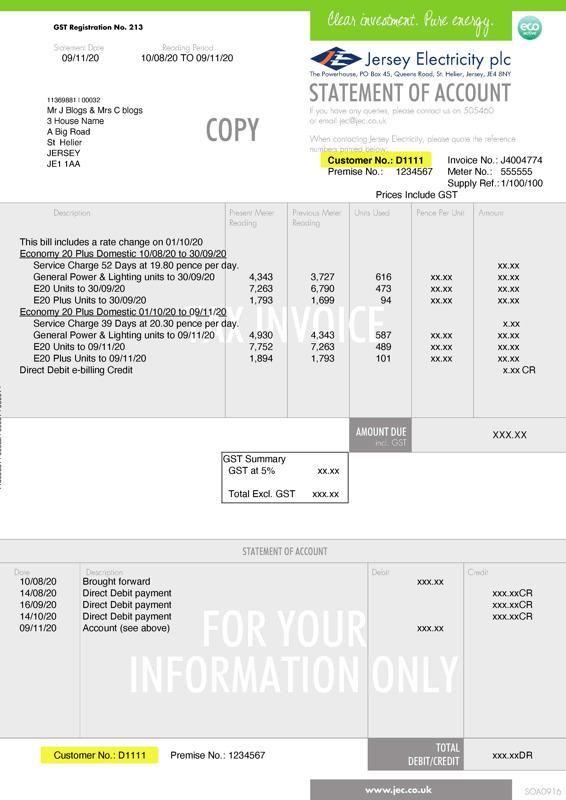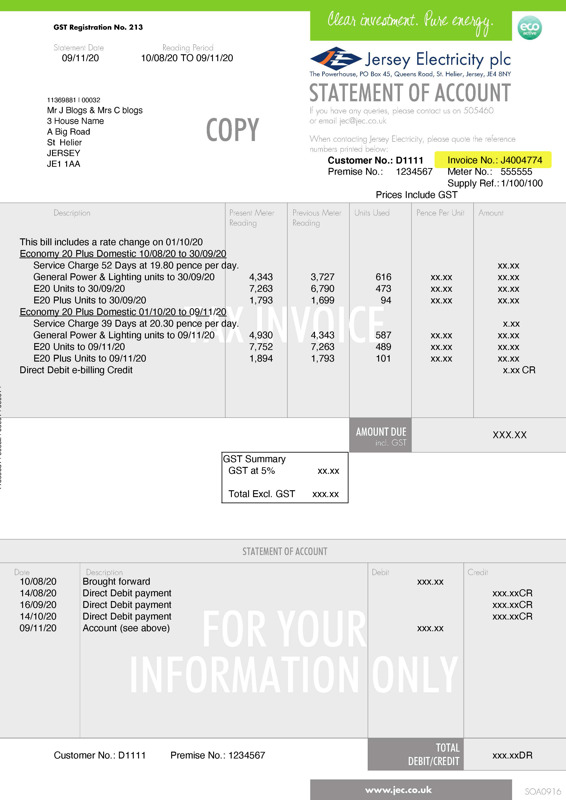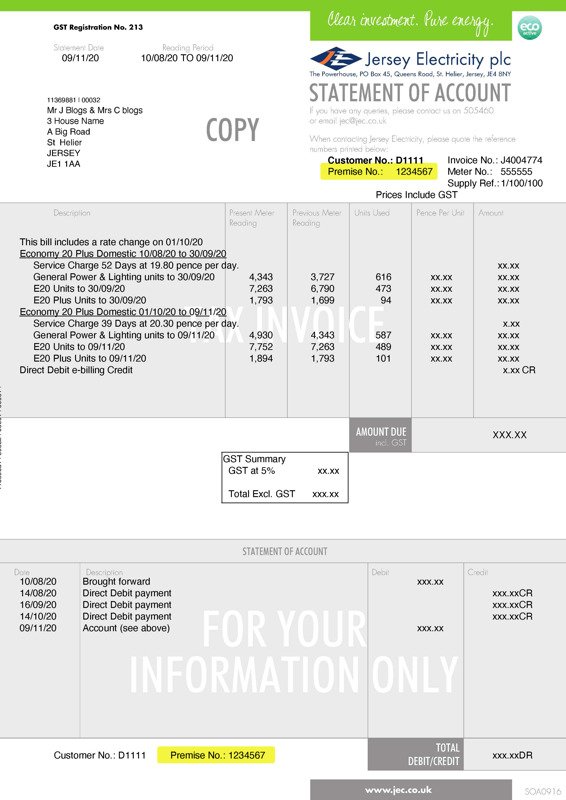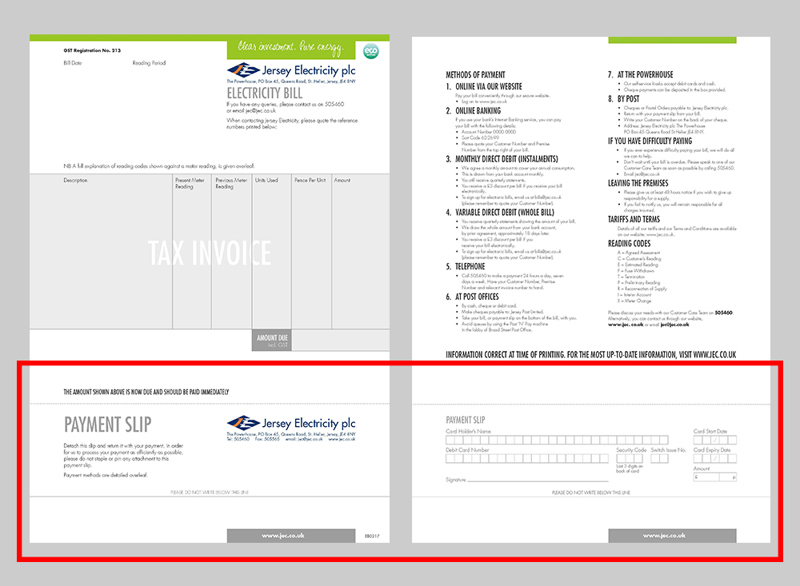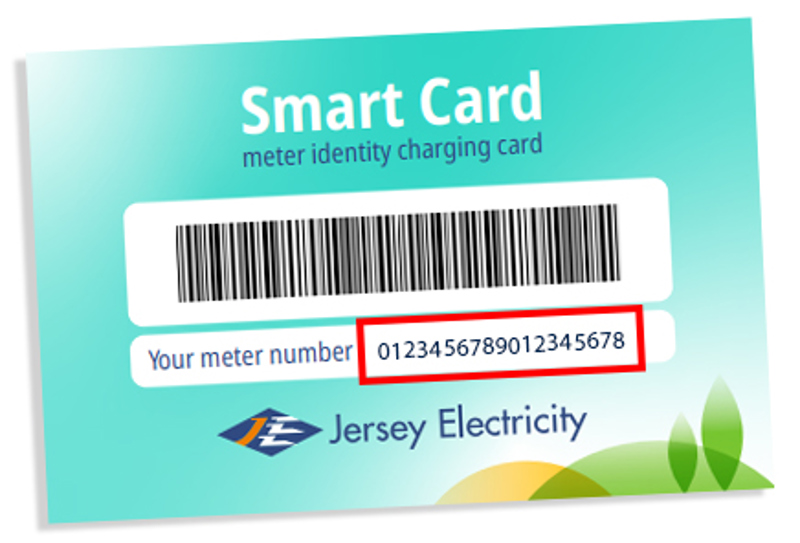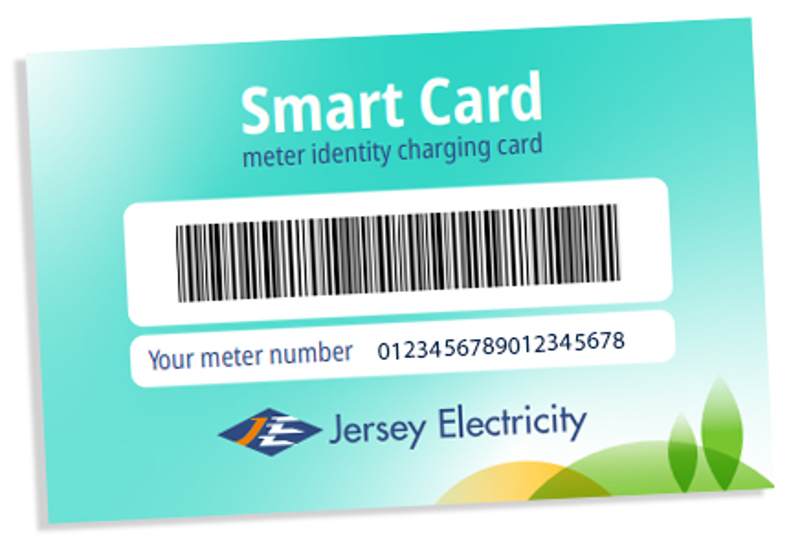Jersey Government’s vote to make the Island carbon neutral by 2030 is a bold but welcome step that challenges the whole community to buy into a green, low carbon future. Progress can now only involve moving from fossil fuels to electricity, which unlike in many countries is already low carbon. Technological advances in renewables, battery storage and energy efficiency, however, could transform how we generate, use and pay for electricity in future.
As well as having virtually de-carbonised electricity supply, Jersey is already ahead of the UK and many other countries in that over 90% of households now benefit from Smart Meters. Digitalisation is a major global trend among utilities. Smart Meters lay the foundation for a smart grid, which could be a precursor to ‘time-of-use’ tariffs and smart appliances that automatically operate when power is cheapest.

Exactly a year after we opened our innovative Smarter Living concept store, showcasing low carbon heating solutions and other smart home tech, Smart Energy GB commissioned research which reveals that 70% of adults would like a more eco-friendly home, but 20% don’t know how to go about it and 67% think it’s too expensive. Despite this, 83% of respondents are interested in new technology that would make their homes greener.
The poll of 2,000 adults revealed that owning a composting bin and energy efficient white goods, and having a Smart Meter and a water efficient showerhead installed, are just some of the small steps the nation is already taking to create a more sustainable way of living.

Looking to the future, Brits predict the Smart E-Home would have a giant battery to store energy from the sun and include windows that adapt to light to keep your home hot or cold without the need for heating or air conditioning.
Smart Energy GB then asked a panel of experts what innovations we might find in Smart E-Homes – that are energy efficient and good for the environment – using technology already in production or possible in the next decade.
These are some of the ways these experts think our homes will be better for the environment in 2030.

Modular homes that allow you to add and subtract space
Modular housing will mean people might be able to build their own homes. Empty nesters can potentially get rid of rooms they no longer need to make their homes more energy efficient, new homeowners could start small and expand as their families grow. These Smart E-Homes will be super efficient in terms of energy use, reusing water and reducing waste.
Electric vehicles will be a common sight
In 2030 everyone could have their own EV and charging station. As homes become more efficient at storing, using and sharing energy, it may be possible to share surplus energy with neighbours.

Smart furnishing that change colour, fabric and texture using augmented reality
Wall hanging screens already exist, as do reconfigurable materials. So, if you get bored of your brown leather sofa, by 2030, you could talk to your in-home AI and change it to a plush red velvet one, with no waste.
Furniture will be more sustainable and last a lot longer, because no one will need to get rid of their old sofas to replace them with new ones. Instead, we’ll simply reconfigure what we have to meet our needs as they change. Bed sheets could even be different temperatures according to individual preferences.

Hydroponic indoor gardens
In 2030, living kitchens could feature hydroponic gardens providing fresh vegetables to harvest in your own homes from spaces no larger than a fridge.

Smart bathroom mirrors for an instant health check
Smart bathrooms incorporating a smart mirror system that can provide an instant health check. Even waste shower water and toilet waste could be transformed into a valuable source of energy by capturing it, storing it and repurposing it for heating or re-filtering to make a home water self-sufficient.
Smart Meters are the building blocks of a smart energy grid and a key part of this future. Jersey Electricity is leading the way with this technology and is on target to ensure every home in Jersey has a Smart Meter by the end of this year. Already 90% of homes and businesses in Jersey have their Smart Meters in place and operational, giving them access to an online Smart Account that enables them to view their electricity consumption profile on their phone, tablet or PC. As for bathroom mirrors that provide health screening, who knows by 2030.
